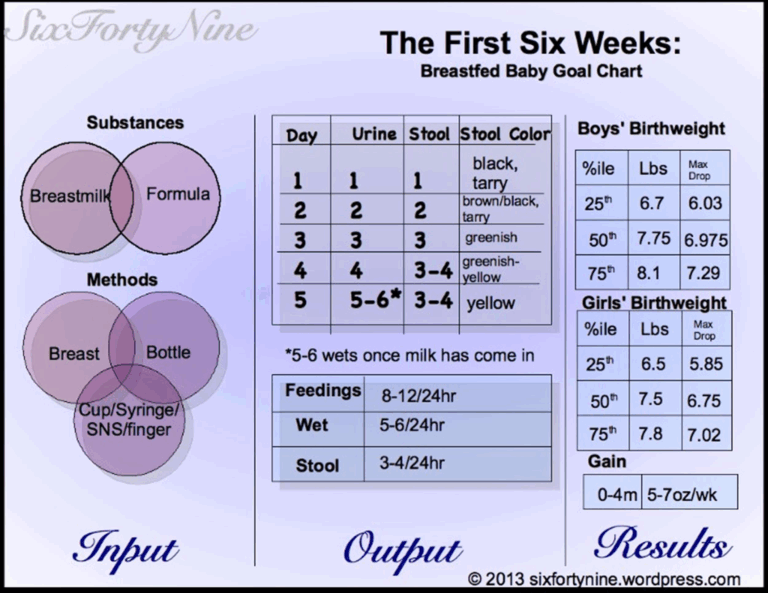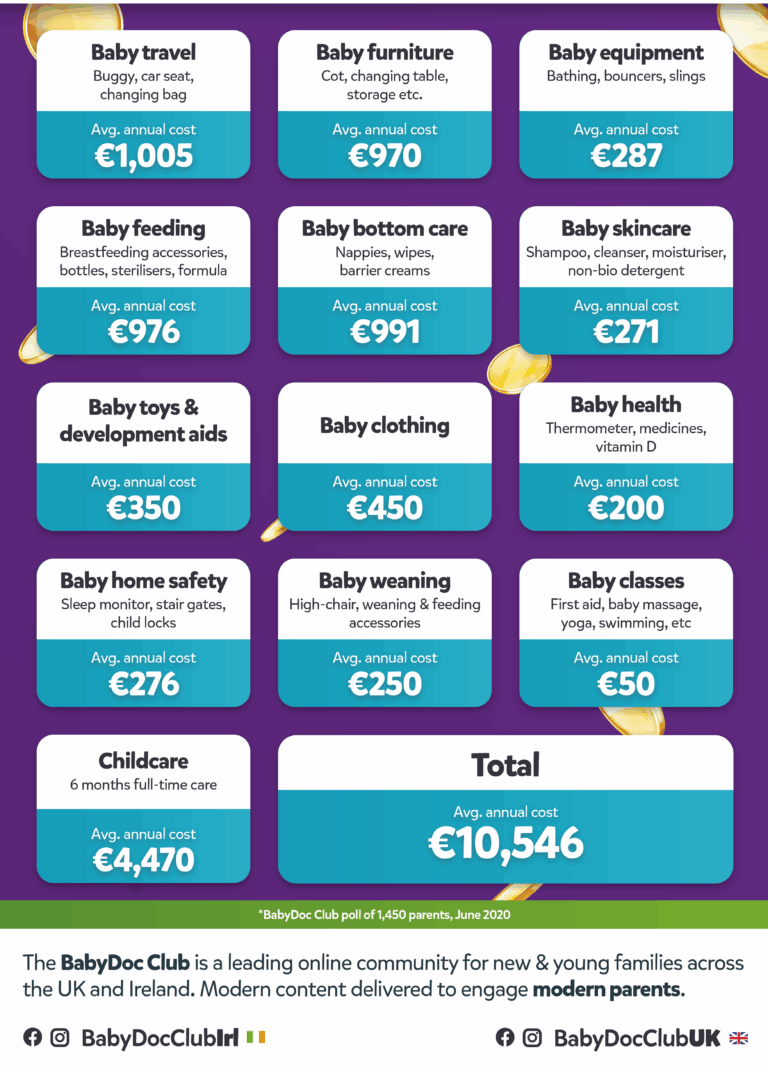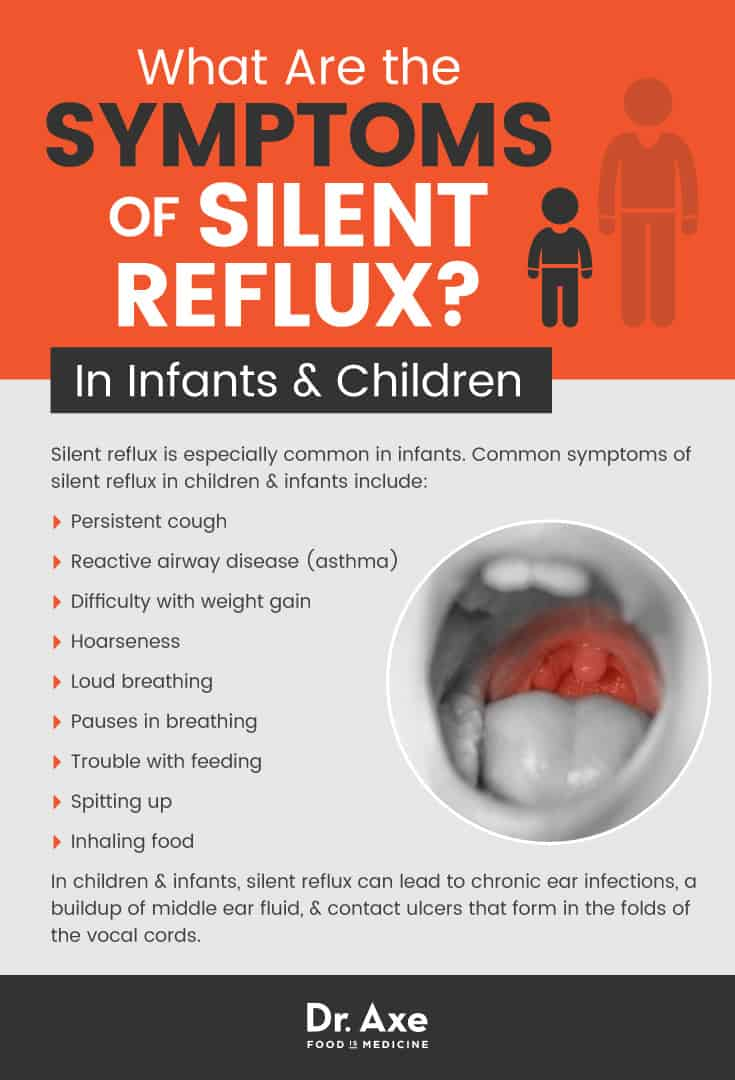When To Stop Giving Baby Formula: A Comprehensive Guide
As a parent, one of the most important decisions you will make for your baby is when to transition from baby formula to solid foods. Knowing the right time to stop giving baby formula can be crucial for your child’s growth and development. In this article, we will delve into the topic of when to stop giving baby formula, providing you with all the necessary information to make an informed decision for your little one.
Knowledge
Baby formula is a nutritionally complete substitute for breast milk, designed to provide infants with the essential nutrients they need for healthy growth and development. While breast milk is the preferred choice for infants, formula can be a suitable alternative for mothers who are unable to breastfeed or choose not to do so.
Knowing when to stop giving baby formula can be determined by observing your baby’s readiness for solid foods. Some signs that your baby may be ready to transition from formula to solids include:
When transitioning your baby from formula to solid foods, it is important to do so gradually to allow your baby’s digestive system to adjust. Start by introducing small amounts of pureed fruits and vegetables, then gradually progress to more textured foods as your baby gets older. It is recommended to consult with your pediatrician before making any major changes to your baby’s diet.
Conclusion
Knowing when to stop giving baby formula is a significant milestone in your baby’s development. By observing your baby’s readiness for solid foods and following the recommended guidelines for transitioning, you can ensure a smooth and successful transition. This article has provided you with the necessary knowledge to make an informed decision for your little one.
For parents looking to navigate the transition from formula to solids, this article serves as a comprehensive guide to help you through this important stage of your baby’s growth. Remember, every baby is unique, so it is important to pay attention to your baby’s cues and consult with your pediatrician for personalized advice.





